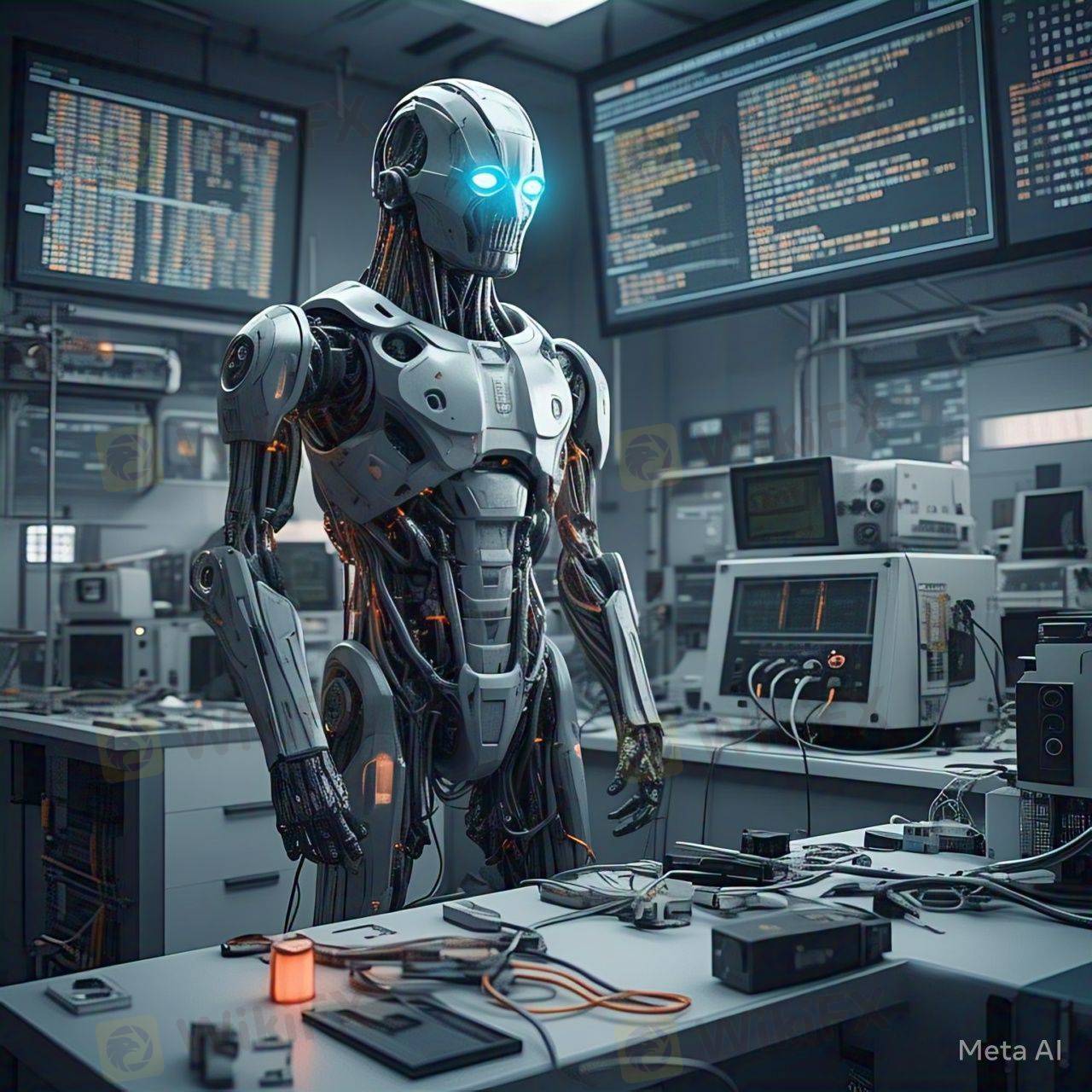
2025-02-17 19:04
इंडस्ट्रीThe Economics of Artificial Intelligence (AI) is a
#firstdealofthenewyearastylz
The Economics of Artificial Intelligence
The Economics of Artificial Intelligence (AI) is a rapidly growing field that explores the impact of AI on economies, businesses, and societies. Here are some key aspects:
Benefits of AI
1. *Increased Productivity*: AI automates tasks, freeing human labor for more creative and strategic work.
2. *Improved Decision-Making*: AI analyzes vast amounts of data, enabling better decision-making in fields like finance, healthcare, and marketing.
3. *Innovation and Growth*: AI drives innovation, creating new industries, products, and services.
Challenges of AI
1. *Job Displacement*: AI may automate jobs, potentially displacing workers, especially in sectors with repetitive or routine tasks.
2. *Income Inequality*: AI may exacerbate income inequality if its benefits accrue mainly to those already wealthy or skilled.
3. *Bias and Ethics*: AI systems can perpetuate biases and raise ethical concerns, such as privacy and accountability.
Economic Impact of AI
1. *GDP Growth*: AI is expected to contribute significantly to GDP growth in various countries.
2. *New Business Models*: AI enables new business models, such as subscription-based services and data-driven consulting.
3. *Changes in Employment*: AI may lead to changes in employment patterns, with a greater emphasis on skills like creativity, empathy, and critical thinking.
Policy and Regulatory Considerations
1. *Education and Training*: Governments may need to invest in education and training programs that prepare workers for an AI-driven economy.
2. *Regulation and Standards*: Policymakers may establish regulations and standards to ensure AI systems are transparent, accountable, and fair.
3. *Social Safety Nets*: Governments may need to strengthen social safety nets to support workers displaced by AI.
Would you like me to provide more information or resources on this topic?
लाइक करें 0

Adekunle6511
Brokers
गर्म सामग्री
इंडस्ट्री
विदेशी मुद्रा कहानी Forex story
इंडस्ट्री
User Survey Questionnaire
इंडस्ट्री
User Survey Questionnaire
इंडस्ट्री
User Survey Questionnaire
इंडस्ट्री
User Survey Questionnaire
इंडस्ट्री
Participate in the survey and claim your contribution rewards!
फोरम केटेगरी

प्लेटफॉर्म

एक्सहिबिशन

एजेंट

भर्ती करना

EA

इंडस्ट्री

मार्केट

इंडेक्स
The Economics of Artificial Intelligence (AI) is a
 हाँग काँग | 2025-02-17 19:04
हाँग काँग | 2025-02-17 19:04#firstdealofthenewyearastylz
The Economics of Artificial Intelligence
The Economics of Artificial Intelligence (AI) is a rapidly growing field that explores the impact of AI on economies, businesses, and societies. Here are some key aspects:
Benefits of AI
1. *Increased Productivity*: AI automates tasks, freeing human labor for more creative and strategic work.
2. *Improved Decision-Making*: AI analyzes vast amounts of data, enabling better decision-making in fields like finance, healthcare, and marketing.
3. *Innovation and Growth*: AI drives innovation, creating new industries, products, and services.
Challenges of AI
1. *Job Displacement*: AI may automate jobs, potentially displacing workers, especially in sectors with repetitive or routine tasks.
2. *Income Inequality*: AI may exacerbate income inequality if its benefits accrue mainly to those already wealthy or skilled.
3. *Bias and Ethics*: AI systems can perpetuate biases and raise ethical concerns, such as privacy and accountability.
Economic Impact of AI
1. *GDP Growth*: AI is expected to contribute significantly to GDP growth in various countries.
2. *New Business Models*: AI enables new business models, such as subscription-based services and data-driven consulting.
3. *Changes in Employment*: AI may lead to changes in employment patterns, with a greater emphasis on skills like creativity, empathy, and critical thinking.
Policy and Regulatory Considerations
1. *Education and Training*: Governments may need to invest in education and training programs that prepare workers for an AI-driven economy.
2. *Regulation and Standards*: Policymakers may establish regulations and standards to ensure AI systems are transparent, accountable, and fair.
3. *Social Safety Nets*: Governments may need to strengthen social safety nets to support workers displaced by AI.
Would you like me to provide more information or resources on this topic?
लाइक करें 0
मैं भी टिप्पणियाँ करना चाहता हूँ
प्रस्तुत
0टिप्पणियाँ

अभी तक कोई टिप्पणी नहीं है। पहले एक बनाओ।

प्रस्तुत
अभी तक कोई टिप्पणी नहीं है। पहले एक बनाओ।